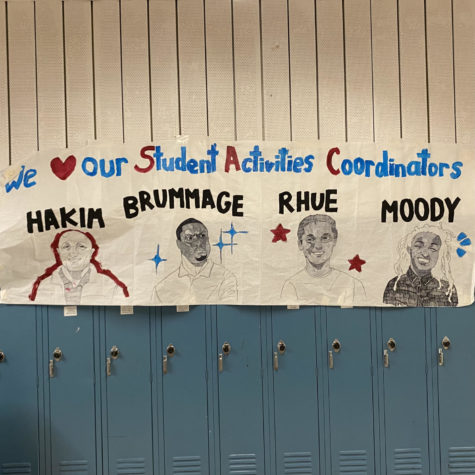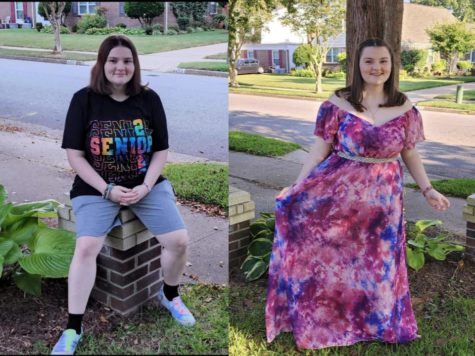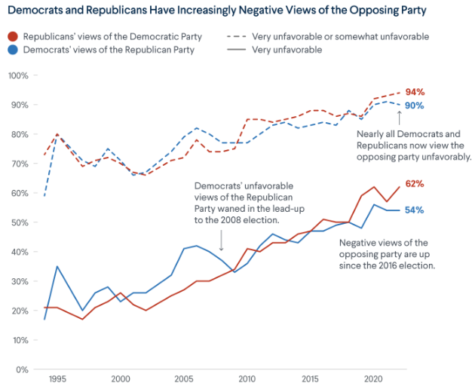Age of the dark movie screen
January 19, 2021
The tradition of seeing a film in theaters is a widely accepted American practice, the aroma of popcorn, the sound of fizzing drinks, and murmuring voices filling roughly 6,000 movie sites across the United States. In 2019, the international box office collected total revenue of $42.5 billion, according to The Hollywood Reporter.
However, as of March 2020 with the COVID-19 quarantine and eventual alarm of pandemic status, the ability to enjoy a movie on the big screen became a pipe dream. In fact, The Regal theater chain has closed 536 locations, while AMC movie theaters remain open.
As new movie releases continued, they were now available on streaming platforms such as Netflix, On Demand, Hulu, Prime, and HBO. The movie company AMC Theaters has remained afloat, with socially distanced lines and seating, yet still offering to dine, allowing viewers to take off their masks to consume buttery popcorn and soda.
Locally, the well-known Regal Theater in Virginia Beach Town Center has closed permanently. According to Wavy 10 News, the owner Armada Hoffler also owns a Harrisonburg location that closed down.
“We would have been pleased to see these two leases through to their contractual expiration,” said Armada Hoffler to Wavy 10. “However, following Regal’s default and recent decision to indefinitely suspend all operations, we regained full control over two prime pieces of real estate, thereby accelerating our long-term goal of redevelopment.”
The Regal location in Town Center was a hotspot for students and locals as the theater is located directly next door to shops and restaurants.
Regardless, we have entered the world of streaming services because of COVID-19. Yet, there is still a future for movie theaters, and blockbuster films are not ready to resort to streaming networks entirely. Animated films like Soul by Disney and Trolls World Tour by DreamWorks were streamed because of their shelf-life and the merchandise that accompanies them.
CNBC wrote an article, explaining the reasoning behind why production companies will wait to release their movies. “Black Widow likely cost $150 million to $200 million to produce, and it could haul in anywhere from $750 million to more than $1 billion at the global box office.” After serving its time on the big screen, the movie would then make more money being broadcast on streaming services. Disney knows it would lose money if it directly placed their movie on streaming platforms.
But, it’s not just about money. Sarah Whitten, the author of the CNBC story, explained that the Academy Awards “requires a film be released in a commercial theater in Los Angeles County for at least seven days and be shown three times a day to be eligible for a nomination.”
For the past nine months, consumers have enjoyed their movies from the comfort of their living room. Collider featured a story by Matt Goldberg displaying his idea that streaming is not the future for film.
He pointed out, “Sure, people can order takeout whenever they want, but no one’s going to say, ‘Restaurants are dead now because DoorDash exists. This is our food future.’”
The majority of people enjoy the overall experience of seeing a movie at the cinema. Movie theaters are our future.







